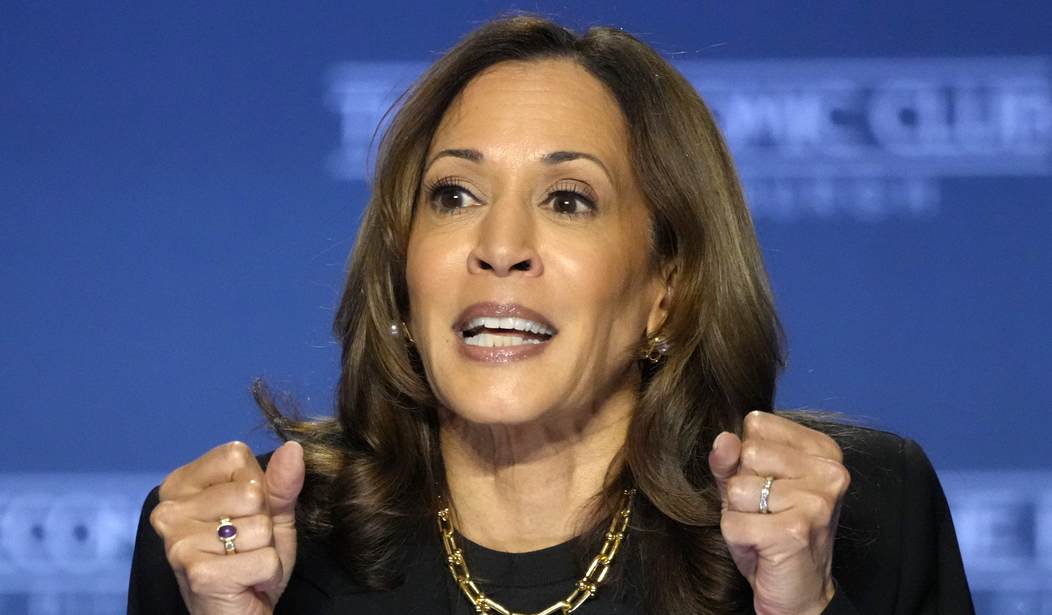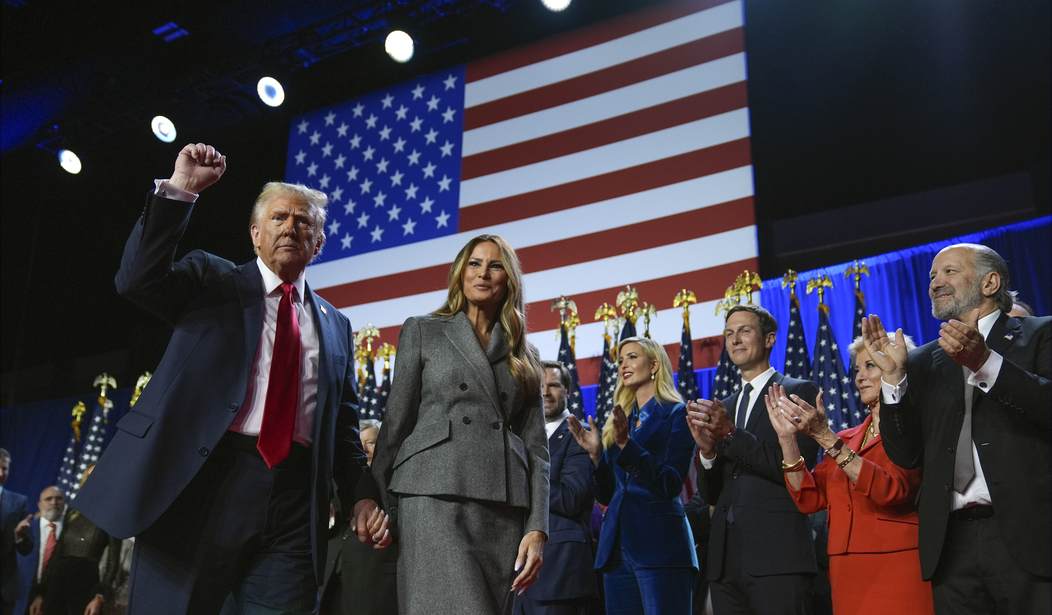As 'Gun Violence' Reportedly Declined, Vox Completely Misses the Plot

As 2024 comes to a close, a lot of people are going to look back on the year. This is common and I can't say that we won't do it, either. I guess it's some aspect of human nature that drives us to do this and I'm not remotely critical of it. After all, I'm a history buff, so I do it on slightly broader time periods.
But far too many people will look back without any real context or any desire to look beyond their preconceived notions.
I'm talking about Vox, where it seems someone decided to look back at the year with regard to so-called gun violence. It's just too bad they glossed over just about everything.
If you follow the news about gun violence in America, you know that there’s a lot to be pessimistic about.
Guns were already a major public health concern when the pandemic hit and the murder rate skyrocketed. The surge in homicide in 2020 and 2021, research has shown, was best understood as a surge in gun violence, with firearms-related deaths counting for the majority of the increase. Not all communities suffered equally: In 2020, 61 percent of victims of gun homicide were Black, with the largest increases among boys and men ages 10–44. The following year, according to the Gun Violence Archive, the number of mass shootings — shootings in which four or more people, not including the shooter, are shot and injured or killed — reached 689, up more than 50 percent from the number of mass shootings in 2018.
And then the Supreme Court issued a ruling that functionally allowed all Americans to carry weapons in public. Coming on the heels of an awful rise in gun violence, experts warned that it would almost certainly get worse.
But that hasn’t really happened. Some of the worst-case scenarios, based on the recent trends around gun violence, haven’t yet come to pass. To be clear, the United States still has exceptionally high levels of gun violence. The country has more guns per capita than any other nation on Earth, and a messy patchwork of laws that make regulation extremely difficult. For those reasons, the country is still incredibly vulnerable to seeing more gun-related deaths in the future.
This is, to me, the big story. Vox was right to put this near the beginning because Bruen was touted as the end of the republic by some, all because no suddenly we'd be the Wild West with gunfights happening daily, with people gunning down others over perceived slights, and even Vox has to acknowledge that none of that happened.
Of course, they still have to make it about guns--they ignore, for example, that we also have higher levels of non-gun homicides than most other developed nations have of homicides in total--but the violence that was supposed to occur didn't.
If it ended there, this would be fine. I'd applaud them for admitting to something that we all know they'd rather not.
But they don't stop there. They don't expound on this point alone, either.
It would have been fine if they also kept it to acknowledging that it looked like we were going to see an outbreak of political violence that simply didn't happen. Two assassination attempts on Trump--one thwarted without the bad guy ever getting a shot at the now president-elect--signalled that things could be getting sporty, but things have largely died down now. I think they're downplaying what happened since assassination attempts against presidential candidates aren't exactly common, much less two of them, but fine. We can disagree about the overall framing.
But then we get to this bit:
Ghost guns don’t have serial numbers, which make them difficult for law enforcement to track where they came from. For that reason, they’re especially appealing for people looking to commit crimes and not get caught.
They’ve become a huge problem in recent years, with the number of such weapons being recovered from crime scenes increasing a staggering 1,083 percent between 2017 and 2021. Many of these guns were not printed at home, like Mangione’s apparently was, but instead were sold as easy-to-assemble kits online. Just one ghost gun manufacturer was responsible for 88 percent of the guns recovered during that time.
The government moved quickly to address the problem. In 2022, the Biden administration said that the ghost gun kits and their receivers (or frames) were subject to the same federal regulations as regular guns — meaning, they needed a serial number. The rule was challenged in the courts, but it appears that the Supreme Court is likely to uphold the law, which the government says is necessary for cracking down on the untraceable guns. Meanwhile, the gunmaker responsible for most of the guns showing up at crime scenes was hit with lawsuits. It appears they have since shut down. According to an analysis by The Trace, the numbers of ghost guns being recovered from crime scenes are now falling in several cities.
This is interesting because the Biden administration really didn't do what this piece claims.
Not really, anyway.
See, the federal rules as they currently stand only apply to incomplete receivers manufactured by third parties. 3D printers can still make them without a serial number, and if you're looking to get into the business of making "ghost guns" for illegal sale, those make a whole lot more financial sense in the first place.
So why has the number of "ghost guns" been dropping? Maybe it's because crime itself is dropping? You can't recover things at crime scenes if there are no crime scenes in the first place.
Besides which, despite the hysteria, unserialized firearms might be common enough in criminal circles, but only if you include guns with serial numbers removed but that were manufactured by a traditional manufacturer. The claims of "growing numbers" and such might not have been false, exactly, but they always neglected to mention that it was still just a small percentage of the total number of firearms.
Sure, Polymer80 shut down, but again, this is a case of assuming correlation automatically translates to causation. You can't do that.
Especially as all the other hysteria noted didn't come to pass. That should be a clue that maybe things are a bit more nuanced than the author would like to believe.







